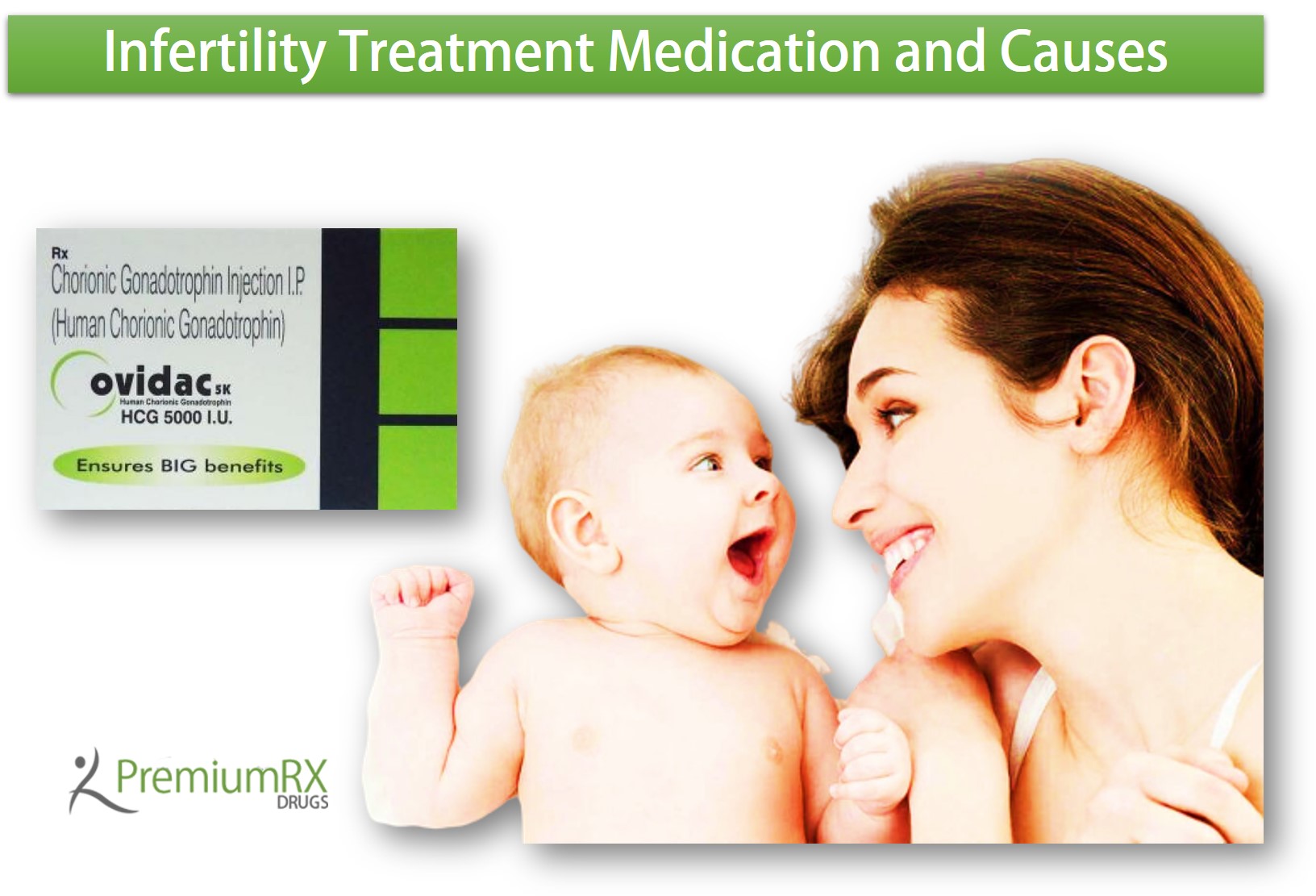Medications are a regular part of infertility treatment. These are effective in preparing the ovaries to produce more healthy eggs. HCG injections can be helpful as a fertility treatment.
Inability to become pregnant within one year of unprotected intercourse could indicate infertility. Therefore, it is important to seek medical advice to get success. A gynecologist can evaluate your situation to determine the most appropriate treatment for you. The most common cause of female fertility includes a problem with ovulation. You need to ovulate to become pregnant. To conceive a child, your ovaries must produce and release an egg; the process is referred to as ovulation. Your health care expert can help evaluate your menstrual cycle and confirm ovulation. Other common causes are problems with the cervix, damage to fallopian tubes, or uterus. Age can also contribute to fertility issues in women, as it is believed that fertility tends to decrease with age. To conceive, every step of the human reproduction process has to happen correctly. Several factors can disruption at any step. In most cases, female fertility caused by one or more of the factors that are mentioned above.
If you are a woman with infertility issues, your gynaecologist may prescribe your fertility medicine to help you conceive. These medicines are often called infertility drugs works by releasing hormones that induce ovulation (the process of release of eggs from the ovaries). Even if you are already using other methods to improve your chances of getting pregnant, such as fertility drugs and in vitro fertilization is still an essential part of treatment. A variety of treatments are available to trigger ovulation in females. One such medication is human chorionic gonadotropin which is used to regulate your ovaries to release an egg.
Ovulation Stimulation Via HCG Shots
HCG is one of the strongest ovulation stimulant drugs. It is similar in structure of follicle-stimulating hormone (FSH) and luteinizing hormone (LH). In female reproduction, these two hormones play a vital role in stimulating the ovaries to produce eggs. The injection is prepared in the laboratory and administered subcutaneously; your health care specialist will instruct you how to use the injection at home. HCG is a protein hormone formed by the placenta during the early weeks of pregnancy. It immediately releases once the egg is fertilized by the sperm and is essential to sustain a pregnancy. The hormone then stimulates the production of progesterone which causes women to miss her periods. Research studies suggest that HCG shots support implantation of an embryo. In addition, HCG during in-vitro fertilization (IVF) shows a significant increase in the pregnancy rates as compared to those who did not receive HCG. The injectable drug used for a variety of situations when there is a problem with ovulation. There is a lot of evidence that shows its efficacy in increasing the production of healthy eggs from the ovaries. The medication is also effective against other fertility conditions such as maintaining progesterone production in the initial days after artificial insemination. In men, HCG increases sperm count and stimulate the development of the underdeveloped testicle in young boys.
Your doctor will able to determine whether HCG injections are suitable for you or not. It will only be used when there is already a mature egg follicle in your ovary. Careful monitoring is required during the process; you might receive ultrasounds to determine when it is the right time to administer an HCG shot.
In some cases, the cause of infertility is never found. A combination of factors in both partners may give rise to fertility issues. However, it is frustrating to get no specific answer; sometimes; the problem may correct itself over time. But it is always important to seek medical advice on time. The condition worsens with delay in treatment.
Marie
Latest posts by Marie (see all)
- Revize Micro Gel 0.025% | Uses, Price, Side effects - April 9, 2025
- What is Evalon Cream: How to Apply, Benefit, who Can Use - April 4, 2025
- Understanding Avanair 200 mg: A Comprehensive Guide - April 4, 2025




